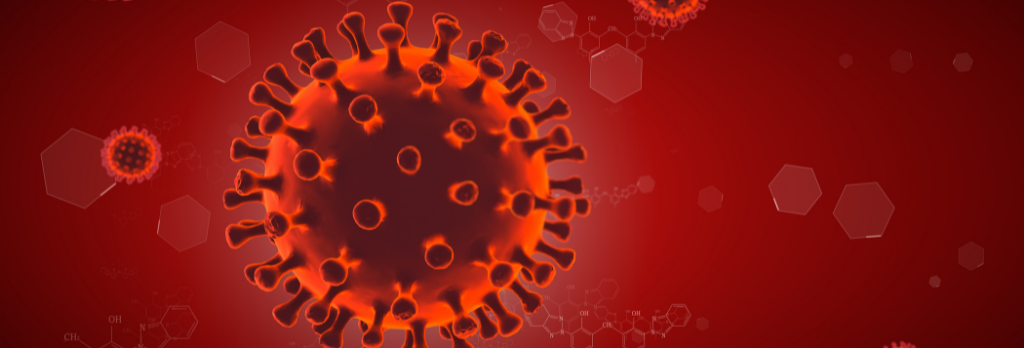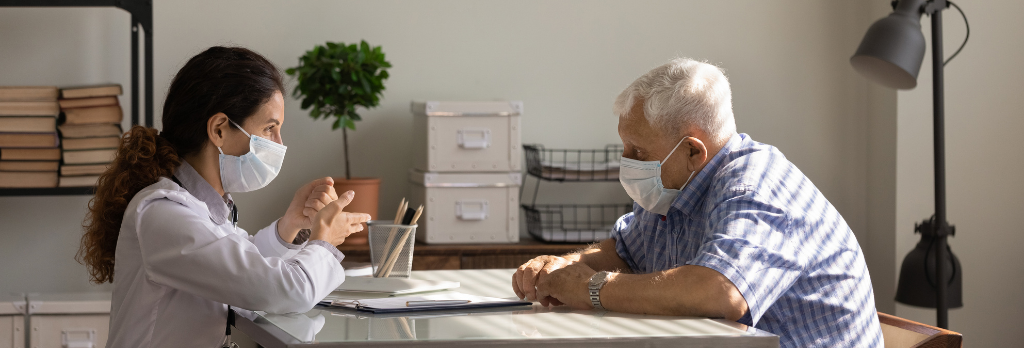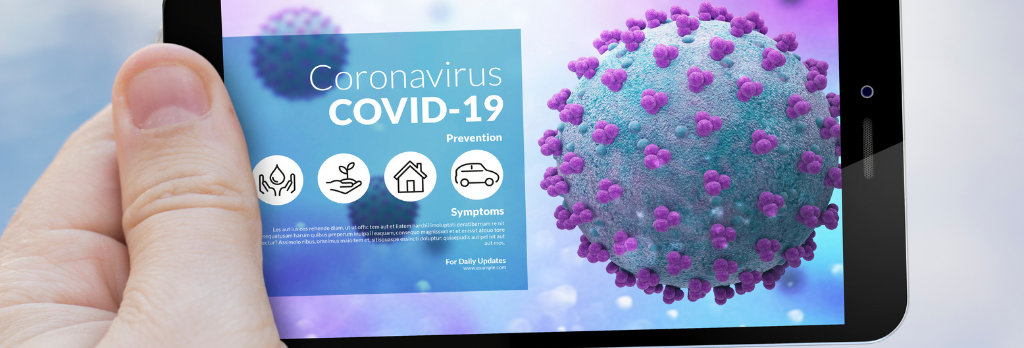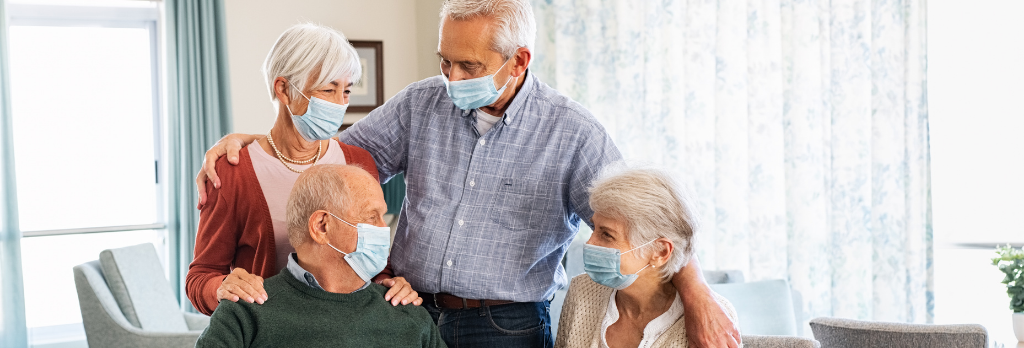Boyd Nursing and Rehab is pleased to recognize Mr. Lymon Wilburn as our patient success story for this month!
Mr. Wilburn came to Boyd Nursing in a few months ago following a medically complicated hospitalization with multiple cardiac issues. Lymon presented to us with significant weakness, limited mobility, and difficulty performing basic activities of daily living. After the past 2 months of nursing care, skilled therapy services, dietary management, and a strong will to get better, Lymon has made a remarkable recovery!
He has made significant improvements with ambulation using an assisted device and his ability to perform his self-care with supervision assistance. Lymon is looking forward to further progress with therapy services in order to soon return to community living, thanks to the care he has received at Boyd Nursing and Rehab. Congratulations Lymon, we are very happy to have had to opportunity to assist you on this road to recovery. We wish you the very best!





